EDITORIAL COMMENT: Poverty eradication vital in fight against HIV
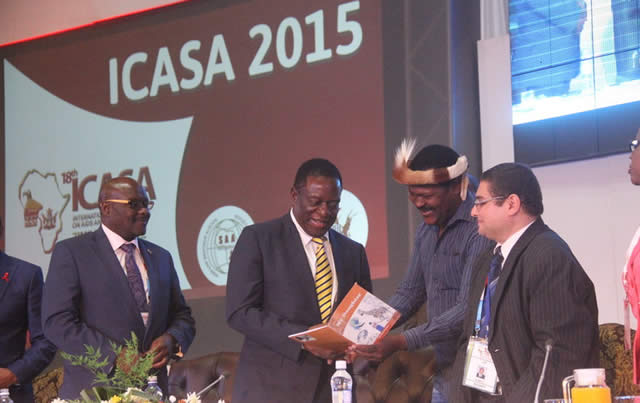
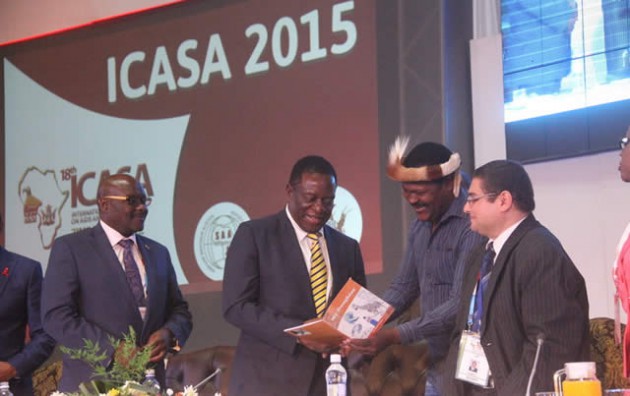
Vice President Emmerson Mnangagwa receives a booklet titled “My Daughter” from poet Albert Nyathi while International Conference on Aids and STIs in Africa (ICASA) president Dr Ihab Ahmed and Health and Child Care Minister David Parirenyatwa look on at the official opening of the conference in Harare recently — (Picture by Munyaradzi Chamalimba)
The week-long 18th International Conference on Aids and STIs in Africa (ICASA), which ends in Harare today, must not turn out to be another talk show. We expect the conference, being attended by more than 5 000 delegates, to provide practical solutions in the fight against HIV and Aids.
That HIV and Aids are major public health concerns and cause of death in many parts of Africa is well documented.
The grave reality is that although the continent is home to about 15,2 percent of the world’s population, an estimated 69 percent of people living with HIV and Aids are found in sub-Saharan Africa alone.
Last year, Africa accounted for 70 percent of Aids related deaths in the world.
These statistics, which we expect the organisers and participants at ICASA to be pretty much aware of, must jostle everyone to sit up and think hard on how to tackle the pandemic.
But we note with concern a gradual inclination of Africans towards outsiders in an attempt to find a lasting solution.
Yet, when it comes to HIV and Aids, Africa and other continents are worlds totally apart.
We urge delegates at ICASA to be alive to the fact that most countries in Africa have identified poverty as having a major stake in the spreading of HIV.
They need to be reminded of the wise words from former South African president Thabo Mbeki at the 13th International Aids Conference in Durban in 2000.
And we quote him: “The world’s biggest killer and the greatest cause of ill health and suffering across the globe, including South Africa, is extreme poverty. As I listened and heard the whole story about our own country, it seemed to me that we could not blame everything on a single virus.”
What Cde Mbeki was saying and which the ICASA delegates should be aware of is that fighting HIV alone without tackling other related issues is simply a waste of time.
That HIV and Aids have become big business, especially in developing countries is in no doubt and the figures threaten to cloud the real fight against the pandemic.
A UNAIDS fact sheet released last year shows that $19,1 billion was available from all sources for the Aids response in 2013, while a need of between $22 billion and $24 billion was estimated for this year.
This calls for more vigilance as the fight against HIV and Aids can easily be diverted as people’s attention is drawn to the huge financial benefits.
We agree that condoms can go a long way in alleviating the spreading of HIV, but ICASA delegates must remember that the sheaths alone are not the lasting solution.
Youths need to be urged to abstain.
Major steps taken in recent years show that with more robust ways of dealing with the deadly virus, the battle can easily be won.
No one can undermine the importance of anti-retroviral drugs that are at the disposal of HIV and Aids patients throughout the world.
In the same vein, the message on prevention and behavioural change must continue to be re-emphasised, but it must be complemented with more innovative ways that must come out of conferences such as ICASA. This will resonate well with the key message of the conference which calls for countries to fast track responses towards HIV to end Aids by the year 2030.

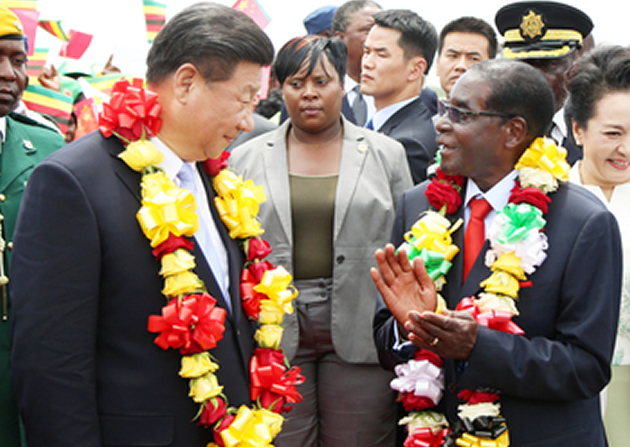
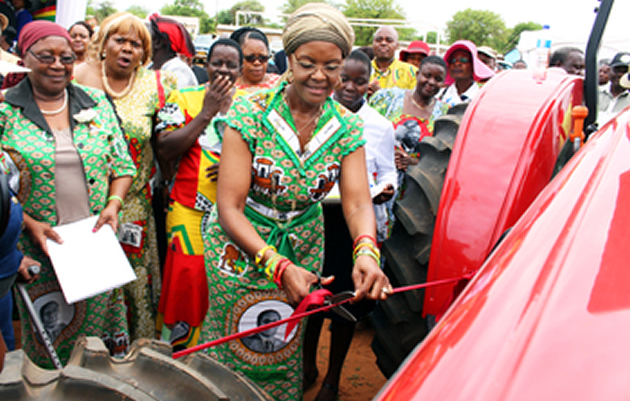


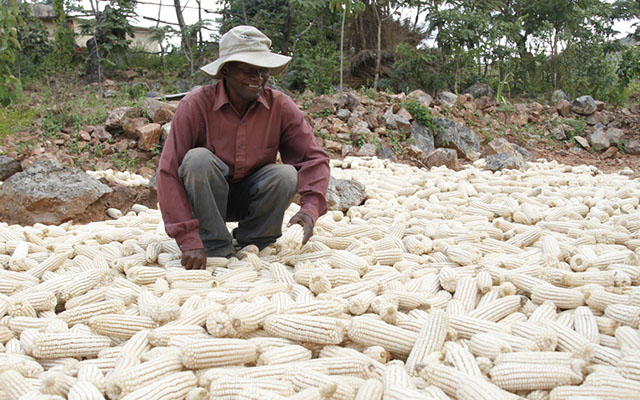

Comments